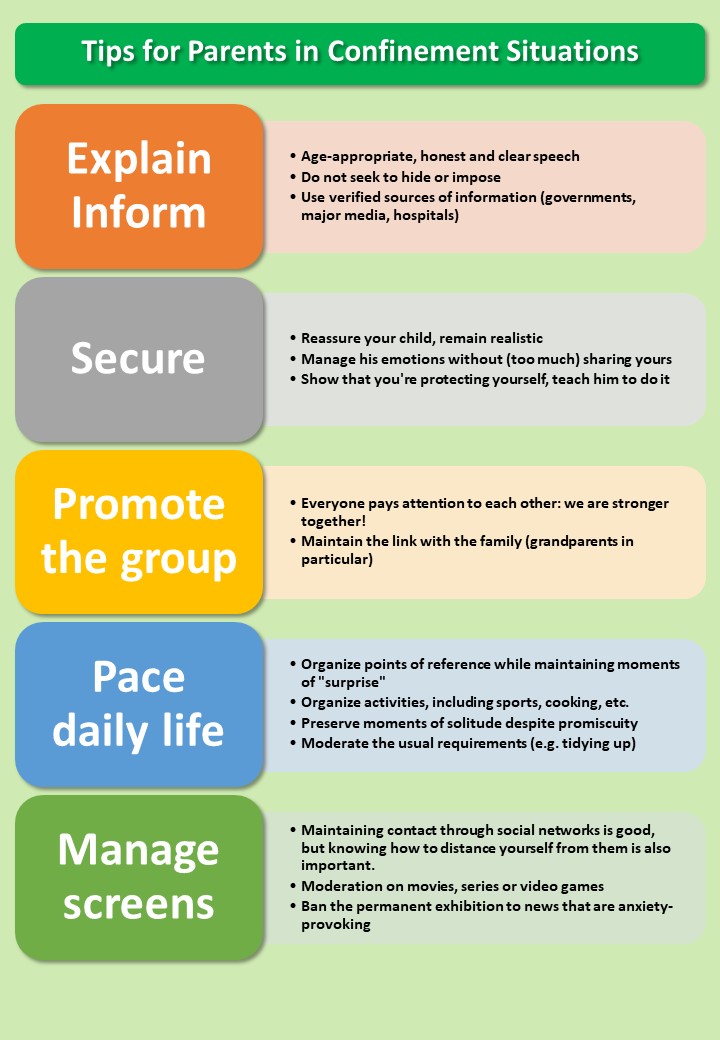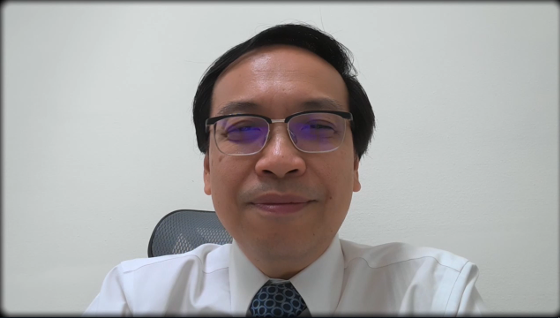Taking Care of our Children and Ourselves
Taking Care of our Children and Ourselves
By: Dr Daniel Fung, IACAPAP President, Adjunct Associate Professor, Lee Kong Chian School of Medicine Singapore
EXCLUSIVE!
Watch Dr Daniel Fung’s Video Message here!
As we prepared for the new year 2020, a new epidemic greeted the world originating from Wuhan, a small Chinese city relative to other Chinese cities. By the end of January, this outbreak of a novel corona virus, of the same family as cold viruses and the scourge of 2003, SARS (Severe Acute Respiratory Syndrome), was becoming a clear and present danger. In the days, weeks and months to follow, this outbreak became an epidemic in China and spread quickly across Asia badly affecting Japan and Korea and then to the rest of the world. A new world war had started. This was not a war of human proportions but a microscopic war against a new infectious enemy, whose mechanisms of actions, the way it spreads and kills, is largely unknown. Many governments reacted to this in a variety of ways. The Chinese government and many Asian governments, including Singapore, took extreme measures to try and contain this infectious threat with varying degrees of success. Other parts of the world were less consistent and the numbers, at the time of writing this piece, was frightening. More than 300,000 infected individuals and well over 16,000 deaths and no signs of abating.
You may wonder why I am giving you a summary of a pandemic since we are mental health professionals for children. This disease doesn’t even affect children much and if the children are infected, recover quickly. There are 3 reasons for this:

Viruses are infectious but fear is far more contagious
The need for families to be prepared to deal with the psychological fall out of a pandemic is not to be underestimated. Many cities went into panic mode with buying and hoarding of food and other supplies by the population and worsened by irresponsible fake news on social media. The use of the language of resilience instead of diagnosing illness is a powerful tool to help the young cope and manage the adversity of irrational fear and worry. Educating parents using coping strategies is an important aspect of our work as mental health professionals. Hesham Hamoda has come up with useful acronym REMEMBER and colleagues from all over the world rallied to translate it into 27 languages (click here for the translated versions). Bruno Falissard has shared a simple 5 parenting tips for confinement situations adopted from French Society of Child and Adolescent Psychiatry and Allied Professions’s guidelines.

Public health is more important than traditional clinical services
The need for us to promote good practices such as handwashing and social distancing (which is essentially physical distancing) has psychosocial repercussions. The need for our teams to help families cope with stress rather than just treating illness requires a mindset change. The need to also support our fellow professionals and reduce burnout becomes pertinent as well. We may have to understand the psychological impact of the measures taken in the community to mitigate the infection and help the child and family cope better. Our role would change from treatment to mental health promotion and illness prevention. Various agencies have provide useful information to the public which we should be aware and use as necessary. Some examples are here from Canada, UK and USA.
The key is to work beyond silos and across sectors
Collaboration with various sectors both within healthcare such as; family physicians and paediatricians along with child psychiatrists and allied professions working with children and outside of healthcare such as schools and social service agencies would be critical in this period. We cannot do mental health promotion and prevention of illnesses associated with traumatic events alone. Creating a referral process and a support system is helpful and could leverage on technology. This is perhaps the best time to trial out telehealth solutions. In addition, there is a need to create a curated repository of information and resources helpful in such times. One example is what the American Academy of Child and Adolescent Psychiatry has placed on their coronavirus resources www.aacap.org.
We have existed in the last 82 years on the voluntary support of mental health professionals from around the world and with the escalating severity of the Covid-19 outbreak globally, I wanted to reach out to assure you that we remain totally committed to global child and adolescent mental health, as well as to share updates on our response. Our thoughts and hearts go to those who are affected by this outbreak and we appreciate our healthcare colleagues who are on the front line working hard to contain this virus so that we can be safe and resume our normal daily lives as soon as possible. We will use our website as a window to our activities and communication portal moving forward. Please write to us at info@iacapap.org if you have any suggestions or ideas.
I want to end this message with a wish that we will continue to keep safe, protecting both the youths and families that we care for as well as ourselves as mental healthcare professionals. Please stay healthy and strong until we meet again face to face.
References
Sprang G, Silman M (2015) Using Professional Organizations to Prepare the Behavioral Health Workforce to Respond to the Needs of Pediatric Populations Impacted by Health-Related Disasters: Guiding Principles and Challenges. Disaster Med Public Health Prep. 2015 Dec;9(6):642-9. doi: 10.1017/dmp.2015.82. Epub 2015 Jul 6.


